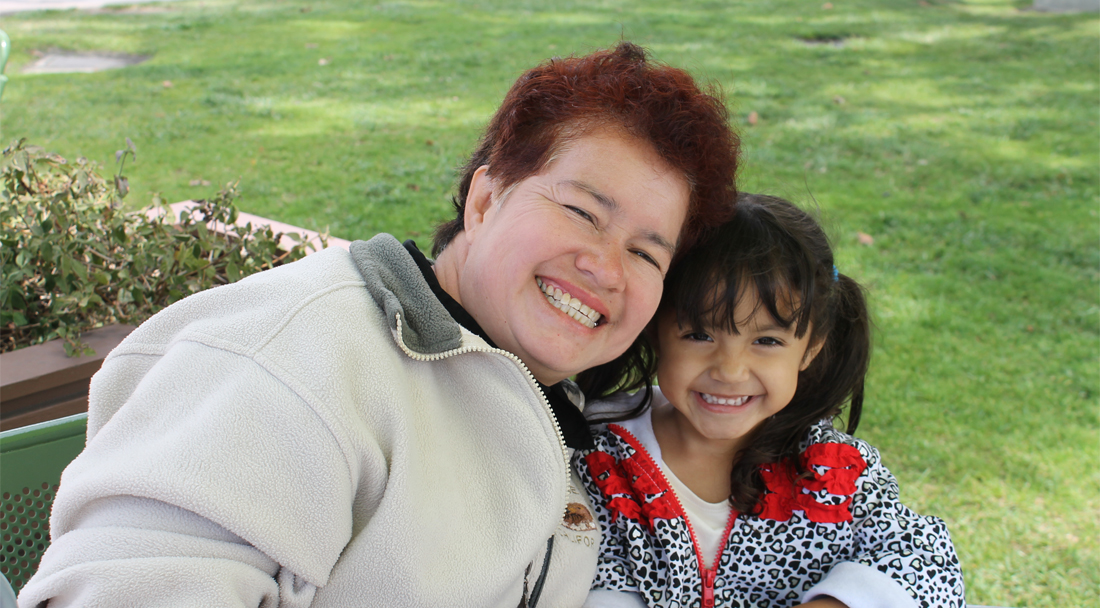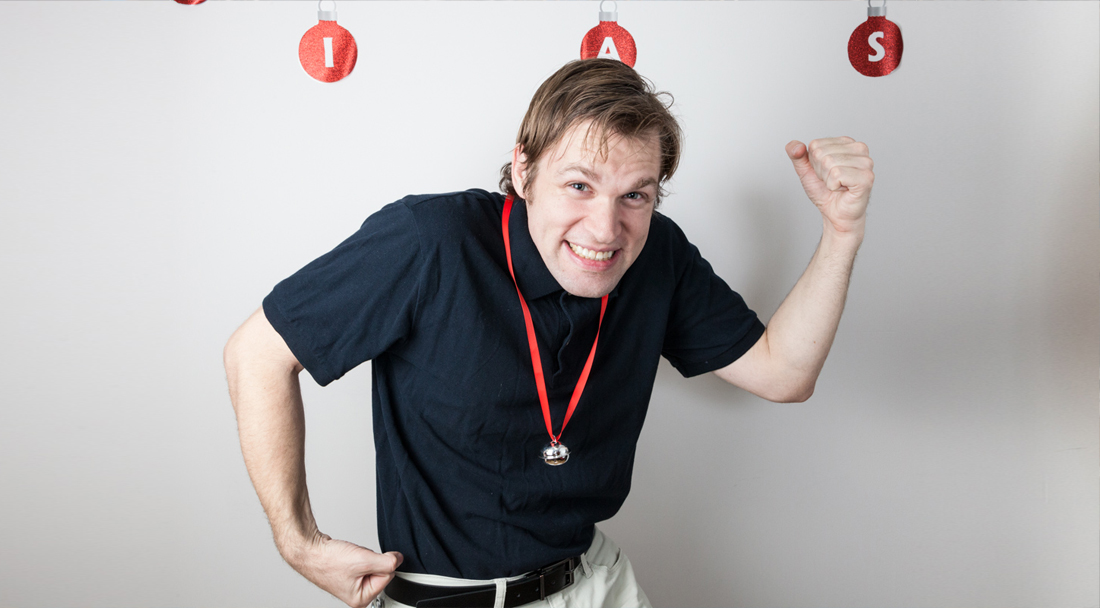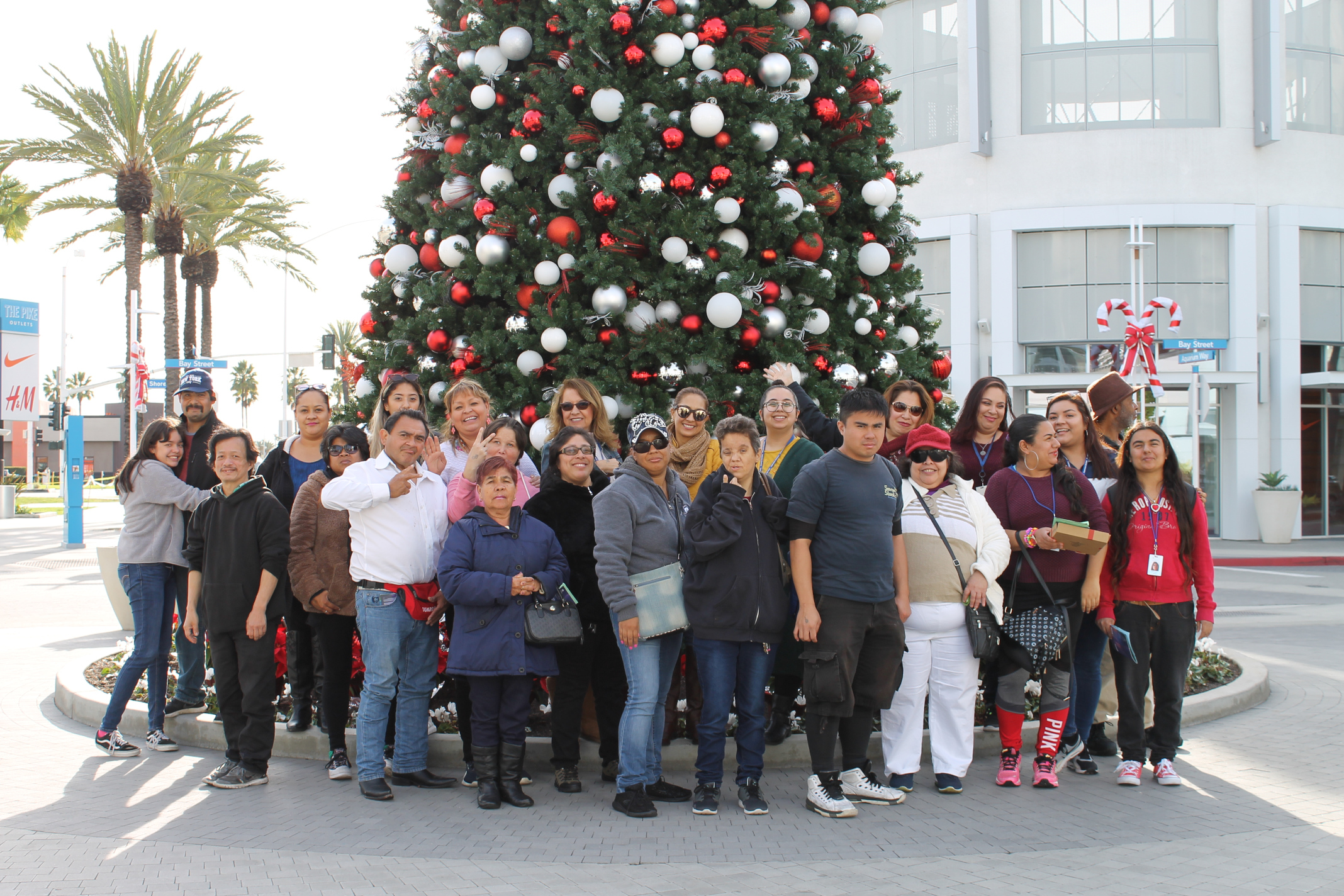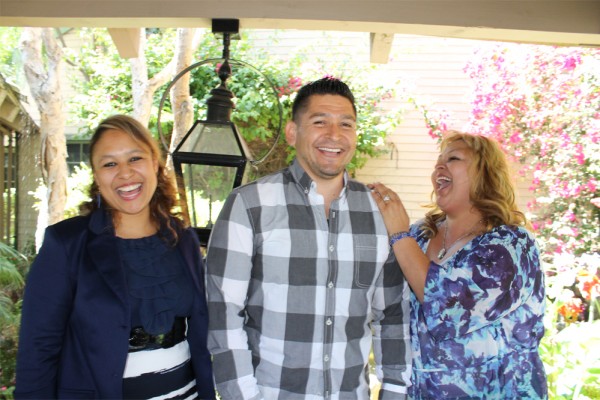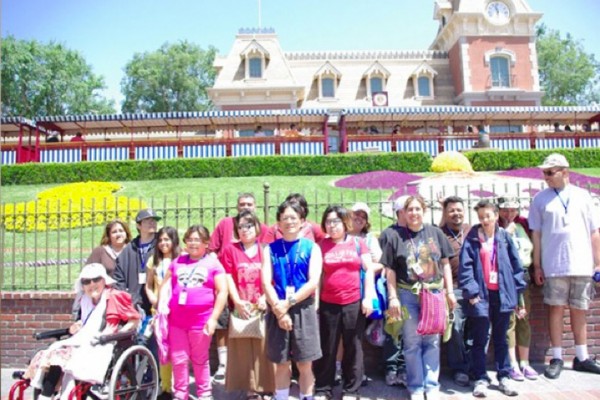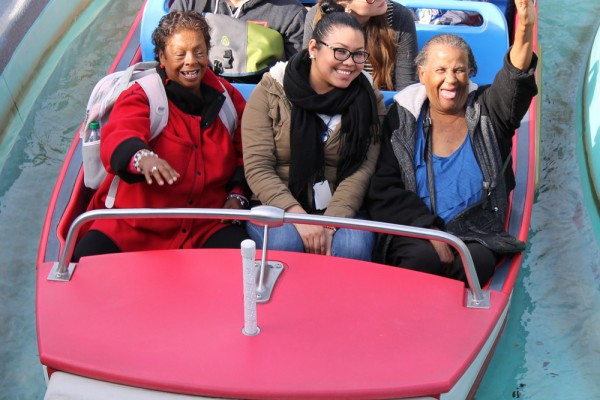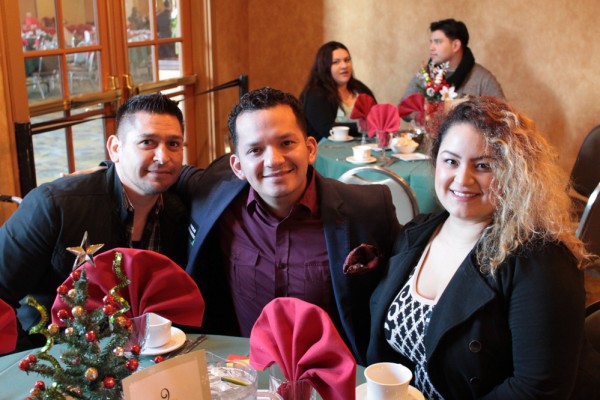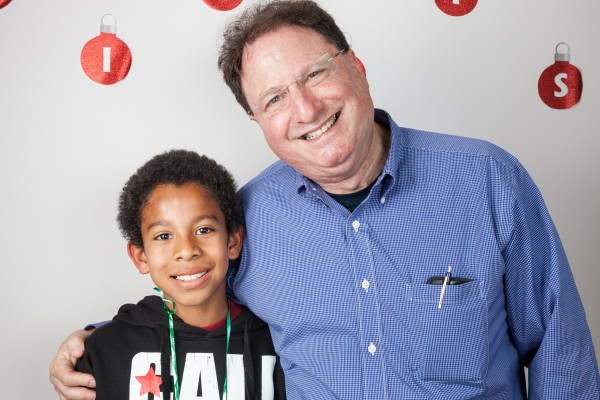Building a Culture of Responsibility
Word of wisdom
“I alone cannot change the world. But I can cast a stone across the waters to create many Ripples” - Mother Teresa
Latest News
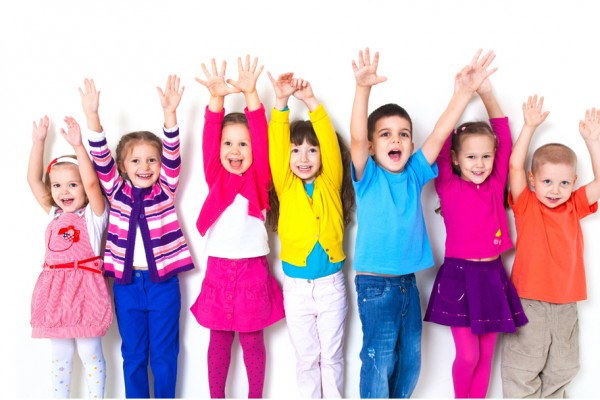
Step-Up Workshops
31 March, 2016Posted In : NewsThe Step-Up workshops are a branch from the RISE program funded by Esperanza Services to motivate an READ MORE


